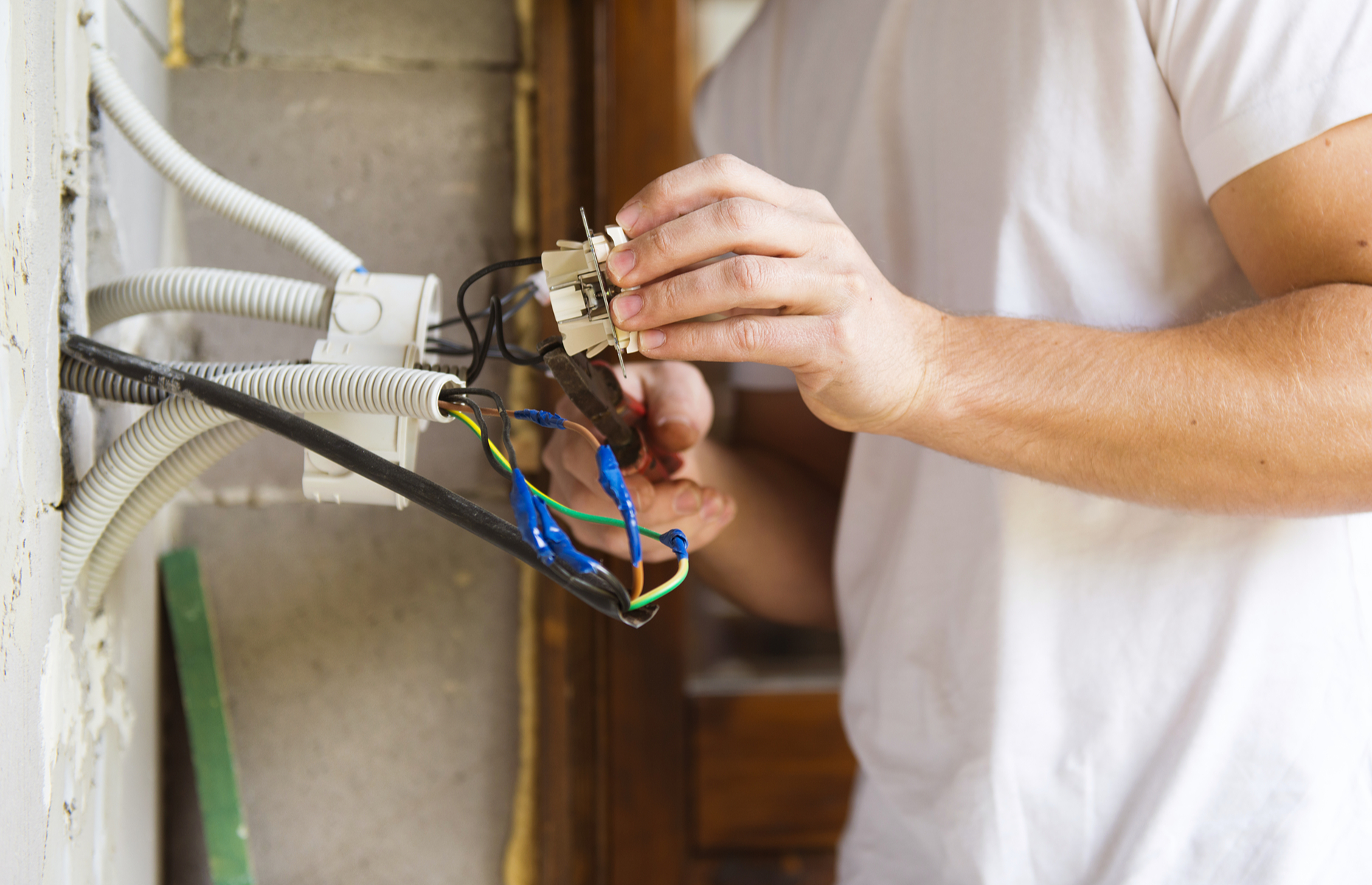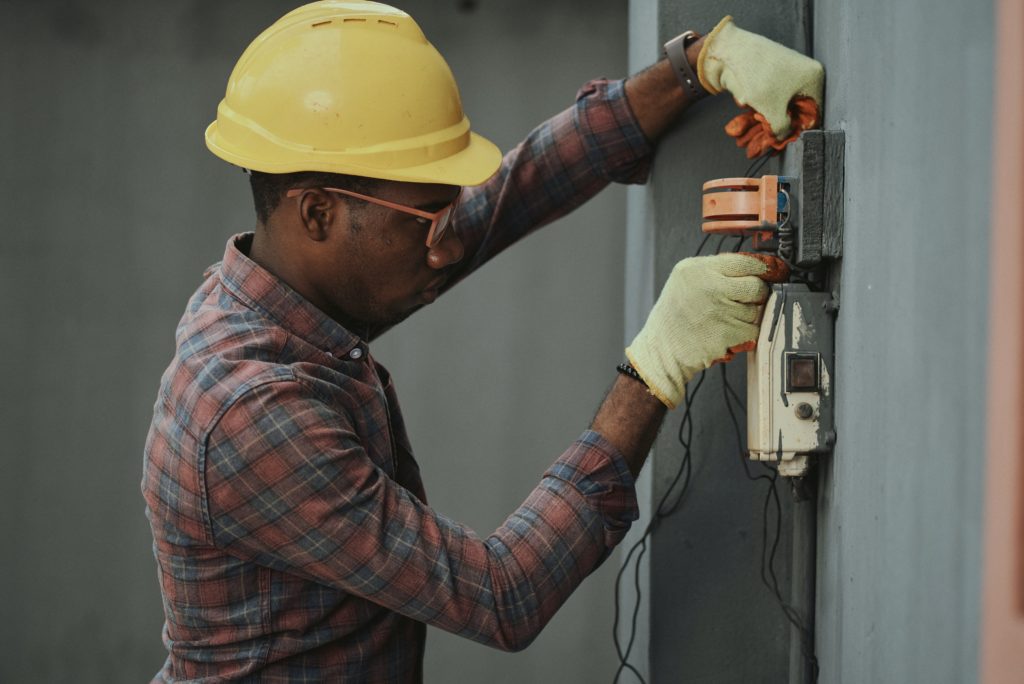Deciding to take on a DIY electrical project can be a great way to save money and get the job done precisely how you want it. However, electrical work can be hazardous if not done correctly. Before beginning any project, it is essential to familiarize yourself with the basics of electrical safety. Once you understand the risks involved, here are 11 dos and don’ts to help you complete your project safely and successfully.
The Dos
Do Get a Permit
Even if you are just doing a small project, obtaining the proper permits and inspections from your local municipality is essential. Failure to do so can result in hefty fines or having your work condemned. Getting a permit will also help ensure that your project is up to code and safe for you and your family.
In addition, getting a permit can help to protect your home insurance policy. If you have an accident while working on your project, your insurer may refuse to pay out if you don’t have a permit.
Inspect Your Work Before Turning the Power Back On
First, check all the connections to ensure they are tight and secure. Next, take a look at the wiring to ensure that there are no loose strands or exposed wires. Finally, test everything by turning on a light or appliance plugged into the circuit.
If everything is working correctly, you can flip the switch to turn the power back on. However, if you notice any problems, it’s best to call a licensed electrician to come and take a look.
Wear Protective Gear
Wearing proper protective gear is essential for ensuring your safety when working on electrical projects. This includes gloves, goggles, and a face mask. Gloves protect your hands from shocks and burns, and goggles prevent sparks from getting into your eyes. A face mask protects your lungs from inhaling harmful fumes.
Use Proper Insulation
Insulation will help to protect you from shocks and also prevent fires. When working with electricity, it is important to always err on the side of caution and use more insulation rather than less. Various types of insulation are available, so it is crucial to choose the one best suited for the project.
Use the Right Tools
Not only will this help to ensure a safe and successful project, but it will also make the job much easier. For example, when working with wire, you’ll need a good set of wire cutters and strippers, which you can find here. Before you begin work, you’ll also need a voltage tester to ensure there’s no live current. You’ll also need a screwdriver to tighten or loosen screws.

The Don’ts
Don’t Do It If You’re Not Comfortable
You should only attempt electrical work if you are comfortable doing so. This means being familiar with the basics of electrical theory and knowing how to use tools and materials safely.
If you don’t feel confident in your ability to complete a project safely, it’s best to leave it to a professional. Not only will this ensure that the job is done correctly, but it will also help to avoid any potential accidents.
Don’t Cut Corners
This may seem obvious, but it is essential to remember that even small shortcuts can lead to big problems. For example, failing to ground an electrical outlet properly can lead to a shock hazard, and improperly installed wiring can create a fire risk.
In addition, even seemingly minor code violations can result in costly fines and repairs. To avoid these problems, it is always best to follow all instructions carefully and consult with a professional electrician if necessary.
Don’t Work Alone
While finding someone to help you with a simple electrical project might seem like a hassle, it’s not worth risking your life. If something goes wrong, two people are much better equipped to deal with the situation than one. Having someone present can also provide an extra set of eyes to ensure everything is done safely and correctly.
Don’t Use Damaged Wiring
Frayed wiring has exposed copper or shows any signs of wear and tear and should be replaced immediately. Not only is damaged wiring a fire hazard, but it can also lead to electrical shocks.
When replacing wiring, always use new wire that is the same gauge or larger than the existing wire. Never try to repair damaged wiring yourself, as this is a job best left to a professional electrician. If you are not sure if a wire is damaged, it is always better to err on the side of caution and replace it.
It is also essential to ensure that all of the wirings in your project are rated for the voltage you will be using. Using wire that is not rated for the proper voltage can also cause fires and electrical shocks.
Don’t Overload Circuits
Overloading circuits is one of the most common mistakes when undertaking DIY electrical projects. It’s essential to understand how much power your appliances and devices use so that you can calculate the total amount of energy needed for the entire project.
Once you have a reasonable estimate of the power requirements, choose a circuit breaker or fuse that can handle the projected load. It’s also important to evenly distribute the load across all available circuits. Trying to run too many devices on one circuit can quickly overload it, leading to costly repairs or even a fire.
Don’t Try to Do Too Much at Once
It can be tempting to take on a large project and try to complete it in one weekend, but this can be a recipe for disaster. Not only is it essential to have a clear plan before starting any work, but it’s also important to take the time to do the job right.
Rushing through an electrical project can lead to sloppy work and potentially dangerous mistakes. If you’re planning a DIY electrical project, take your time and focus on one task at a time.
Electrical projects can be a lot of fun but also come with risks. You could electrocute yourself or start a fire if you’re not careful. Before you begin any electrical project, read and follow the safety instructions carefully. And if you’re ever in doubt, it’s always best to call in a professional. With these tips in mind, we hope you have fun with your next DIY electrical project!






